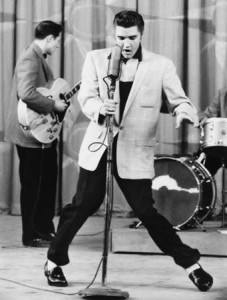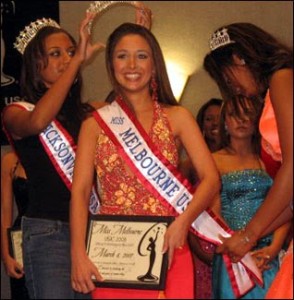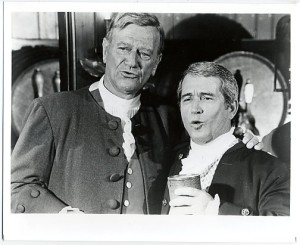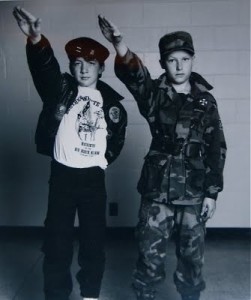By John Gilstrap
www.johngilstrap.com
Have you ever noticed how much of our lives are spent preparing for failure? We set our “sights high, but our expectations low.” We “say a little prayer,” while we “plan for the best but expect the worst.” Then, when good news does arrive (and let’s be honest: good outweighs bad in the end for most people), we hesitate to celebrate as we “wait for the other shoe to drop.”
Most people, it seems to me, are perfectly happy to be around others who talk themselves down, yet get uncomfortable around acquaintances who say positive things about themselves. We are awash in pejoratives for people who are confident in their own abilities—narcissistic, egotistical, too big for his britches, precocious, swelled head—but where are the pejoratives for people who keep their talents hidden?
I can’t think of a single one. Instead, we call those folks humble, and we pretend to hold humility in high esteem.
Such hypocrisy. Talent denied is a key ingredient for mediocrity—a lifelong role in the chorus while the soloists command the spotlight. Mediocrity is beige. It’s safe, it’s boring and it’s comfortable, but as far as I’m concerned, it’s no way to live life. I guess it’s fine for those who are genetically predisposed to the ho-hum; but if you want to squeeze all of the drama out of life, and certainly if you want to make a living writing books, or acting, or practicing any other art form, then you’d best start living loud colors.
Start by owning up to your talent. I think you owe God that much for giving it to you.
Somebody asked me the other day when I first realized that I could write well. Not too long ago, I would have hemmed and shuffled and said something self-deprecating about how a lot of people would tell you that I still don’t write well. I’d have played it for a laugh and then said something about having been lucky in my life.
In short, I would have dodged the question. But that was before my new commitment to honesty and living loud colors.
For this questioner, I took the truth for a test-drive. I told her that I’ve known I was a good writer for as long as I can remember. I knew it, in fact, long before I had any tangible proof that I was right. I knew it because I wanted so badly to be good. In elementary school, I was the one who wrote stories for fun, and then re-wrote them four and five times because I wanted them to be better.
I’ve known for as long as I can remember that I was going to be a published novelist. Truly, there was never a doubt. I had no idea how long it would take, but that didn’t matter because I was willing to do whatever was necessary to learn the craft. I knew it would happen because I wanted it so badly, and because I was well enough read to know that my stuff was good. I knew that my storytelling was better than a lot of what I bought at the bookstore. If, in fact, I never did publish a novel, it would have been because I’d died too early.
I’ve rewritten that last paragraph six times now trying to make it sound not-arrogant. If I failed, forgive me, because I don’t feel arrogant. I feel blessed. And it ain’t braggin’ if it’s true.
If you feel blessed by talent, you should say it out loud when people ask. Try it now. Come on, we can do it together: “I’m proud of the gift I’ve been given. I’m proud of the endless, continuing hard work I put into it. I will be successful.”
If you can’t say it, how can it ever happen? I’m not talking self-delusion here, or new-age gobbledygook about some Secret where visions make your dreams come true. I’m talking simple honesty.
When I’m elected king, children will be taught to drench themselves in the exotic colors of life and to pursue their dreams with focus and vigor. Beige will be outlawed for all but those who are born to be boring. Adults will be as honest about their successes as they are about their failures, and they will be utterly shocked every time they don’t win.
What we envision for ourselves defines who we can become.

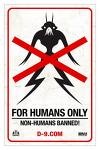

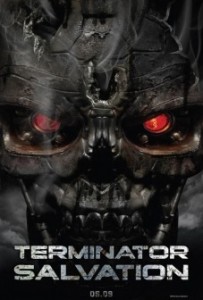
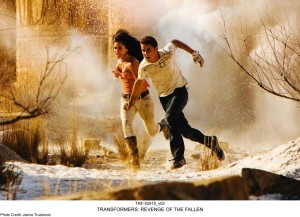
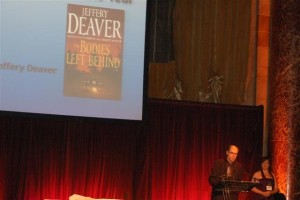
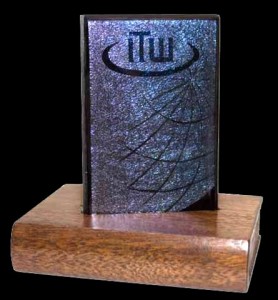
![Thrillerfest D3 '09 (Alan Jacobson) (194) [640x480] Thrillerfest D3 '09 (Alan Jacobson) (194) [640x480]](https://killzoneblog.com/wp-content/uploads/2009/08/ThrillerfestD309AlanJacobson194640x4-300x200.jpg)


